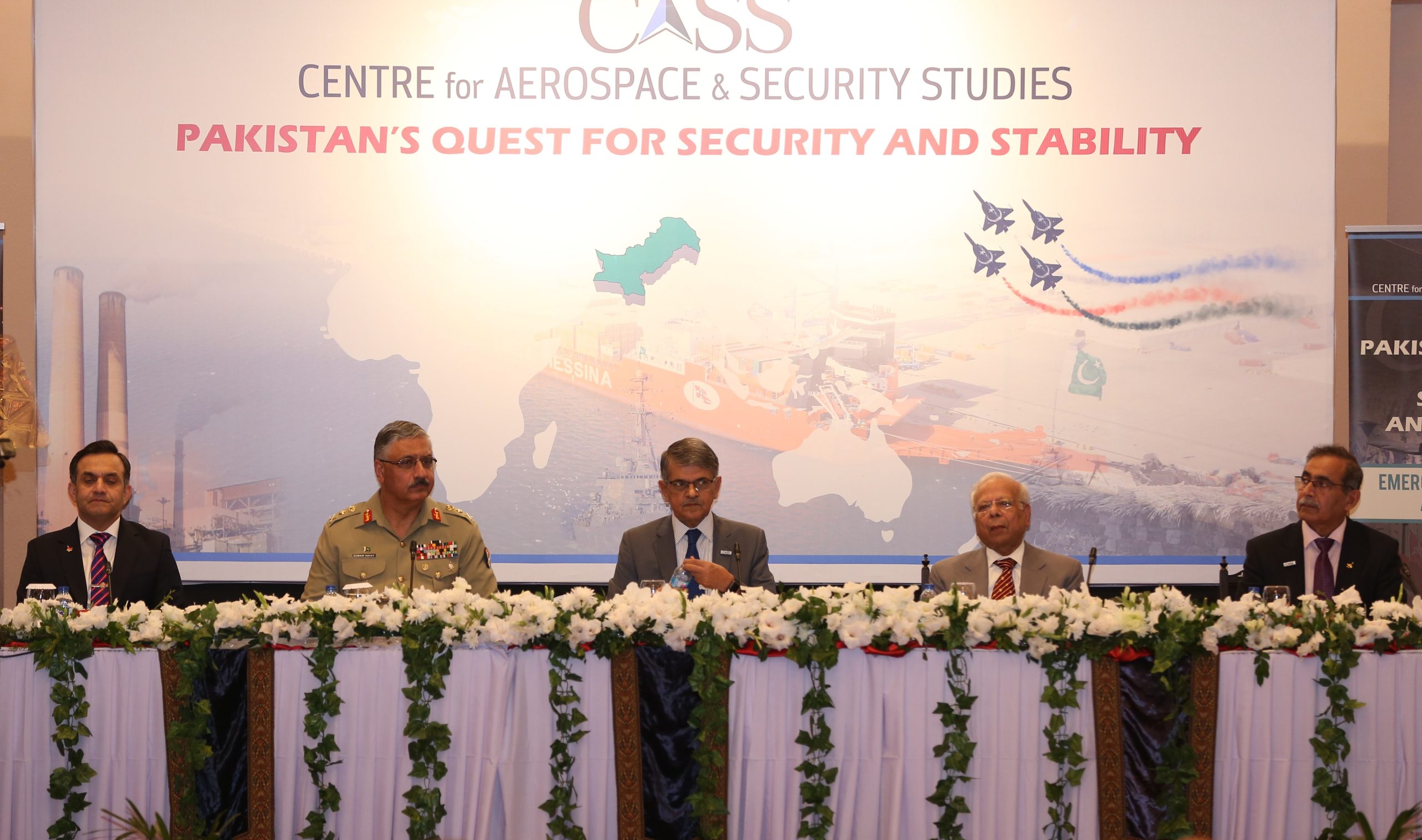During 21st Century, the term “National Security” has been redefined to include the non-traditional security challenges in addition to external military threats. The security and stability of any nation-state is dependent on a host of internal and external factors, such as economy, industrialization, literacy, size and quality of population, available national resources and military capability. Poor economic conditions lead to dissatisfaction which can then be exploited to create is harmony among the populace. Lower levels of literacy, when combined with poor economic conditions, can become a hot bed for terrorism. Weak national institutions lead to poor policy formulation and loss of trust in the government. External environments such as geographic location, unresolved disputes with neighbouring countries, regional alliances and big power interests also play an import role on a country’s security and stability.

Share this article

The Extraction Trap
Trump’s declaration to “run Venezuela” after Maduro’s capture is a seeming promise of a sudden cure to Venezuela’s ills. However, it ignores the nation’s terminal diagnosis of a century of plunder. The rhetoric of imminent revival on the basis of the speedy return of international oil capital and the promise of 100 billion US dollars in reconstruction funds made the intervention seem like a unique opportunity.

Future Shield: The Saudi-Pakistan Security Partnership
Although the SDMA does not identify an adversary, effectively functioning as a deterrent, it cannot be viewed in isolation from the Israeli belligerence in the Middle East. Israel’s war against Hamas has expanded beyond the genocide of Gaza; it has bombed the West Bank, Lebanon, Syria, Yemen, Iran, and recently Qatar. Tel Aviv’s campaign under the banners of ‘anti-Semitism’ and ‘terrorism’ has engulfed the whole Middle East in a war-like situation, which has generated new enemies and has deepened the instability of the region.

The Trilateral Shift
On 15 January 2026, the Pakistani defence production minister confirmed that an agreement for a new trilateral defence deal between Pakistan, Saudi Arabia, and Türkiye is in the pipeline, other than the Pakistan-Saudi bilateral deal announced last year.

